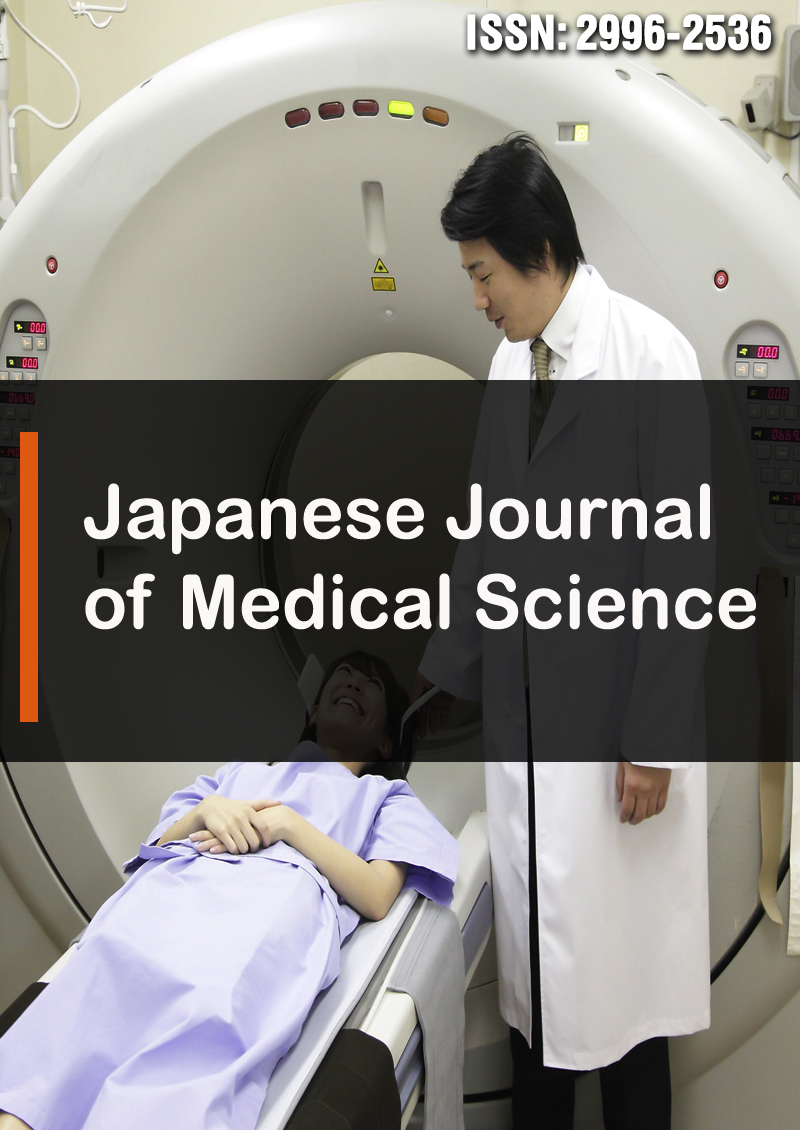Nuclear Transformation in Metalloenzyme. A Novel and High Potential Cancer Treatment Research
Abstract
Tran Van Luyen and Truong Hoang Tuan
In this study, we have introduced a novel approach to cancer treatment involving the deactivation of metalloenzymes through the utilization of radioisotopes. The concept of leveraging radioisotopes to interact with metalloenzymes represents a groundbreaking theoretical advancement. Through simulations utilizing the MIRD code and based on the consistent concentration of stable Mg within stage 2A cancerous tissue, we have quantified the potential success rates.
To conduct these simulations, we employed 0.1 nanograms (ng) of stable Mg, which corresponds to an activity of 19.7 MBq of Mg-28 radioisotope. This data was input into the MIRD calculations to estimate the absorbed doses within various organs, employing diverse methods of radioisotope administration into the body. Remarkably, even with a mere 0.1% probability of effectively reaching the intended cancerous tissues, this quantity of Mg-28 demonstrates the capability to render billions of Mg-containing metalloenzymes inactive.
The remarkable efficiency achieved through precise radioisotope targeting underscores the promise of this methodology. Nevertheless, the findings underscore the necessity of undertaking both in vitro and in vivo research initiatives prior to embarking on clinical trials.



